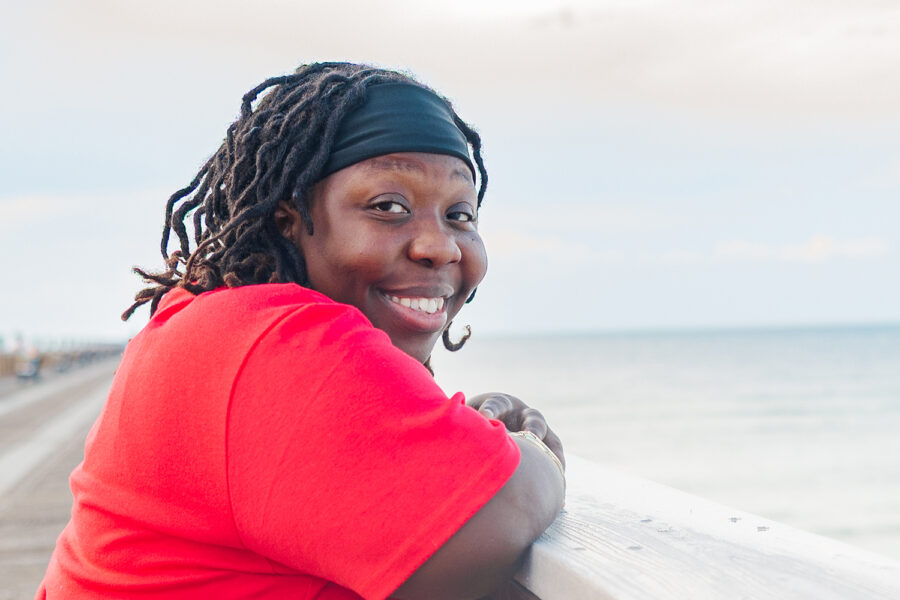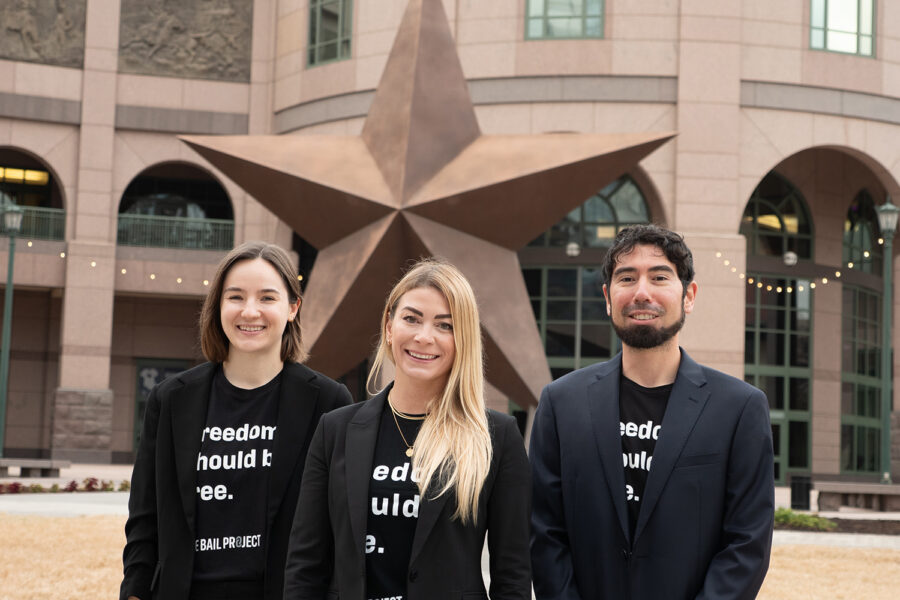The False Promise of Bail: What Tulsa’s New Report Reveals

A new report reveals that cash bail fails, disproportionately harming the poor, while community support programs significantly increase court appearances.
Cameron PipeJuly 1, 2025






